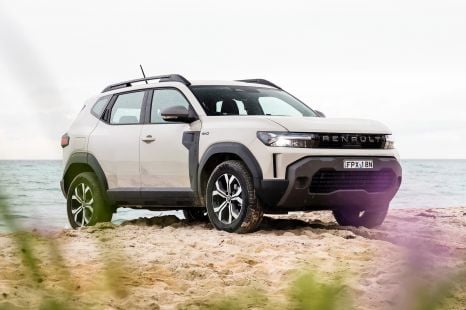

Max Davies
2025 Renault Duster review
4 Days Ago

News Editor
General Motors is reportedly working on an electric Ford Ranger rival, set to launch in 2026.
Automotive News reports a Chevrolet Colorado EV and related GMC Canyon EV will enter production at the company’s Orion Assembly plant in Michigan.
They’ll be sold alongside a new generation of the combustion-powered Colorado/Canyon twins, replacing the current vehicles which are related to the defunct Holden Colorado.
The new Colorado/Canyon twins have already been spied testing, and will reportedly ditch their petrol 3.6-litre V6 and 2.8-litre Duramax turbo-diesel four-cylinder engines for a turbocharged petrol four.
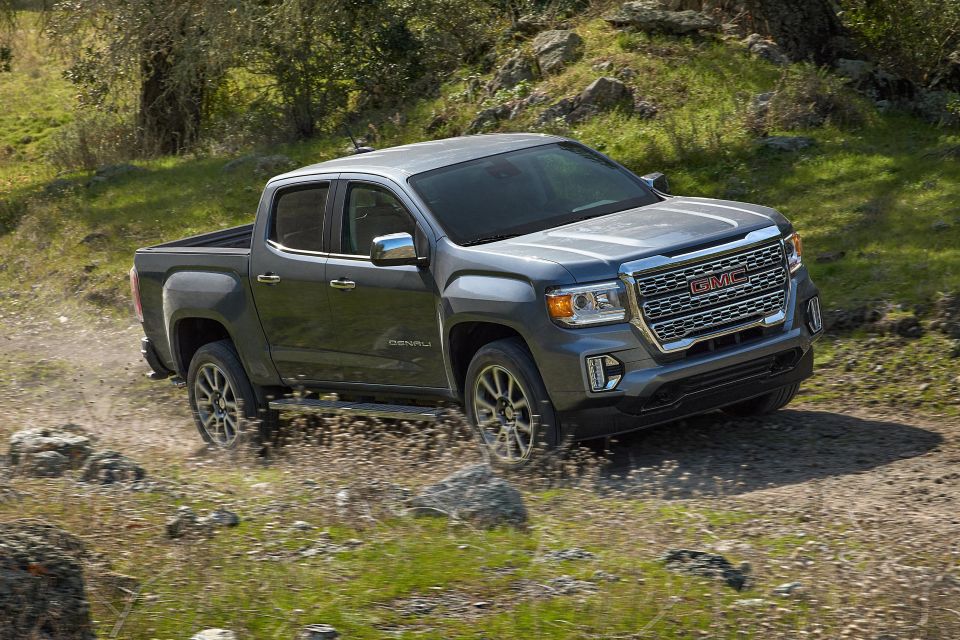

The report suggests the new electric utes will retain a legacy nameplate.
Chevrolet has been doing this with all of its latest electric vehicles, revealing Silverado EV, Equinox EV and Blazer EV models that use a dedicated electric vehicle architecture but which are sold alongside unrelated combustion-powered models.
While most of the activity in the nascent electric ute market has been centred around full-size vehicles – think Ford F-150 Lightning, Chevrolet Silverado EV – there’s been some movement in the segment below.
That’s largely been lead by Chinese automakers, with SAIC Motor developing an electric version of the LDV T60 and Nissan’s joint-venture partner Dongfeng developing an electric Navara called the Rich 6 EV.
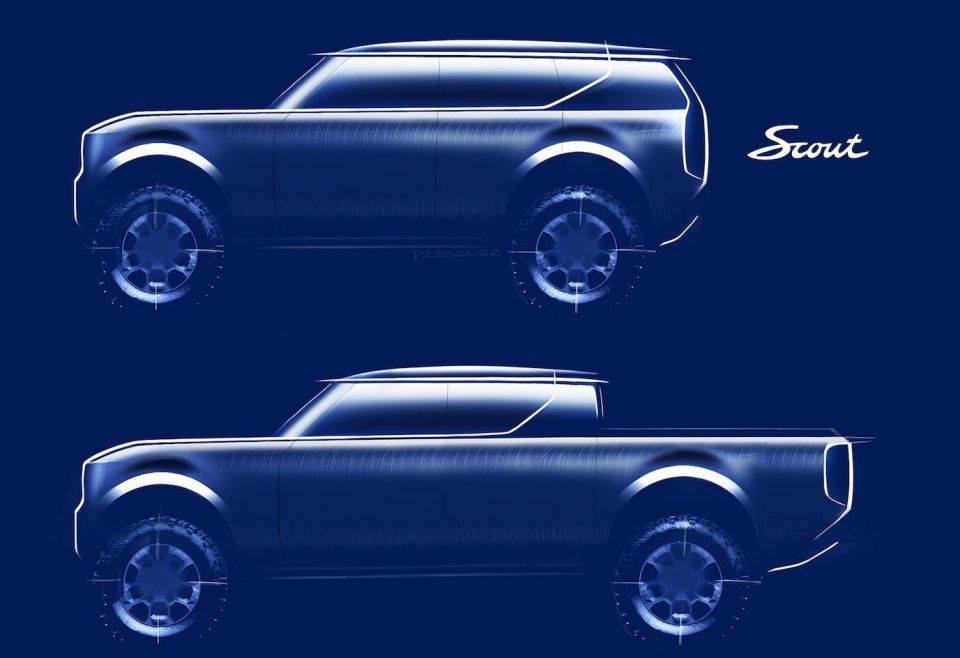
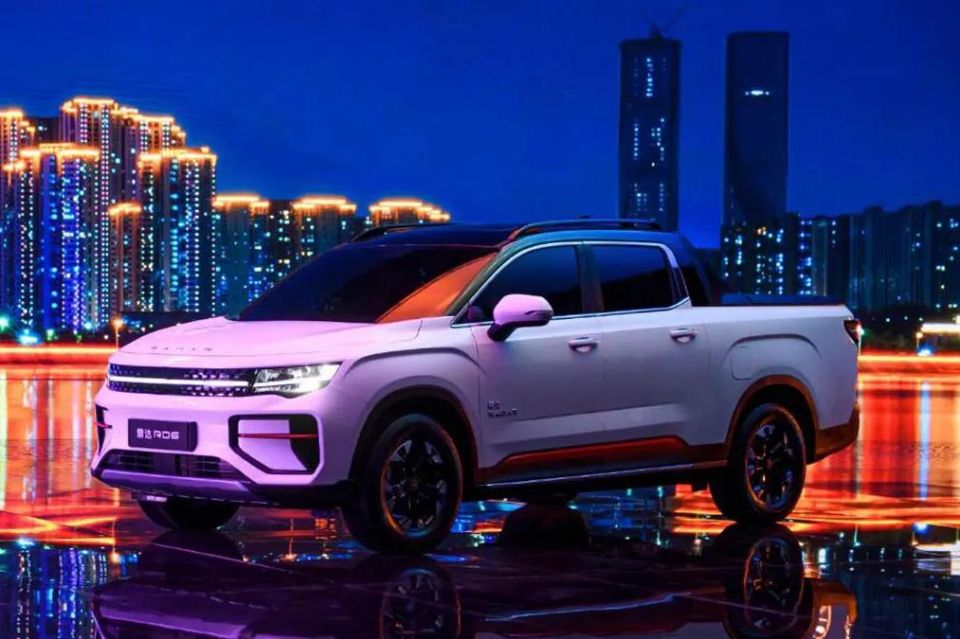
Geely has also revealed a new brand called Radar Auto, with its first vehicle being the 5.26m-long RD6 ute. It goes on sale in China this year.
Outside of China, Volkswagen also plans to enter this space with an electric ute of its own.
It’ll introduce a new EV brand in North America called Scout, dusting off an old International Harvester nameplate it has the rights to. Volkswagen will reveal a Scout ute and SUV in 2023 ahead of a North American launch in 2026.
Volkswagen is also considering an electric version of the new Amarok, noting the Ford Ranger T6 platform can support electrification.
Ford has also trademarked the Ranger Lightning nameplate, suggesting it could have an electric version of the Ranger – or some kind of electric Ranger-sized ute – in the works.
It’s already confirmed it has another electric ute in the works following the successful launch of the F-150 Lightning.
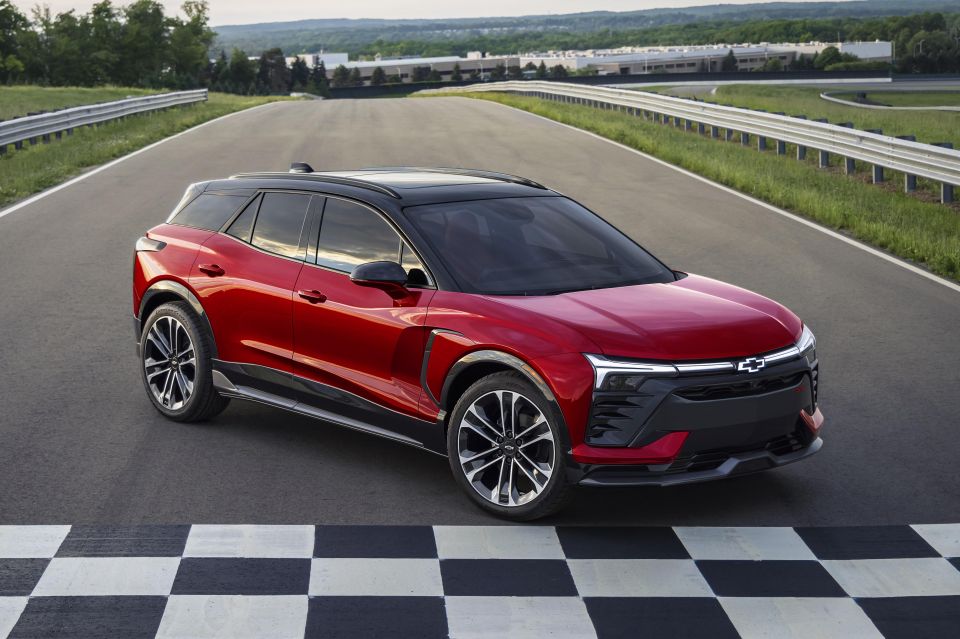
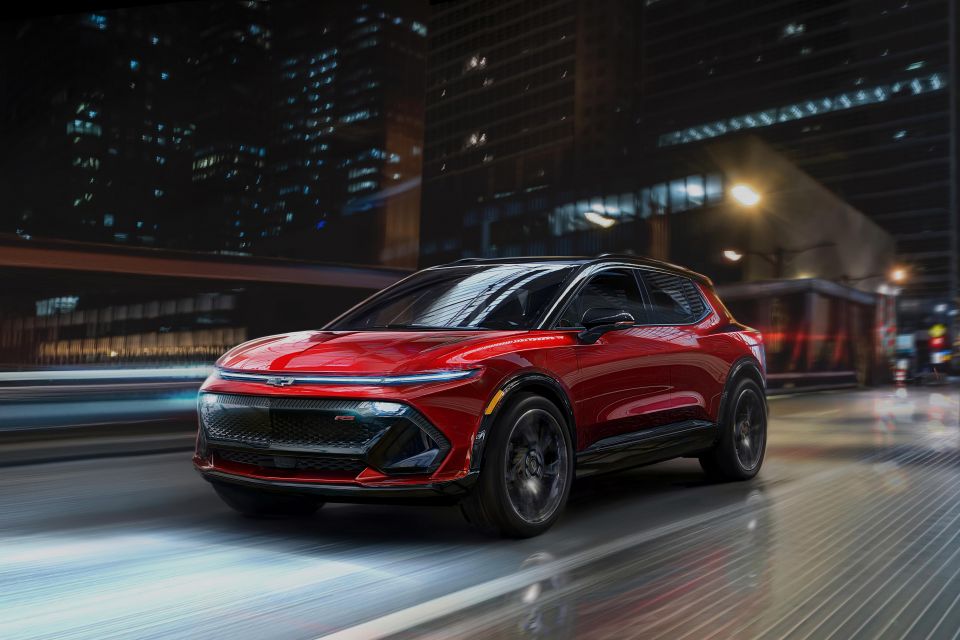
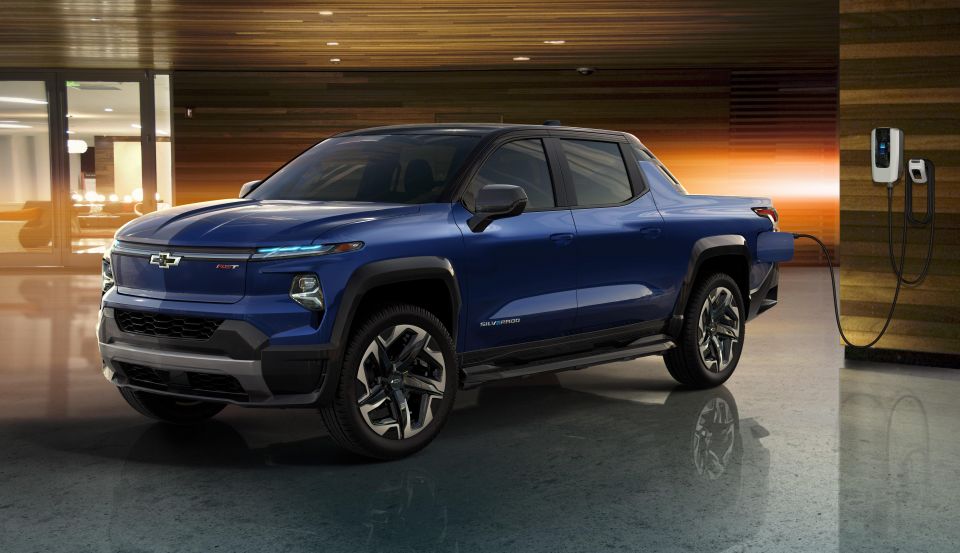
General Motors is preparing an onslaught of electric vehicles based on its dedicated EV architecture, referred to as Ultium.
The first such vehicles have been the GMC Hummer EV ute and Cadillac Lyriq crossover, with an SUV version of the former due in 2023.
The Chevrolet Silverado EV, Blazer EV and Equinox EV are also due next year.
GM has teased some of its upcoming EVs in silhouette, but the Automotive News report has provided more detail on what GM EVs we should expect.
The publication reports the recently redesigned Bolt EV and Bolt EUV, plagued by battery recalls, will exit production in 2023 and 2024 and be replaced by similarly-sized models featuring GM’s Ultium batteries.
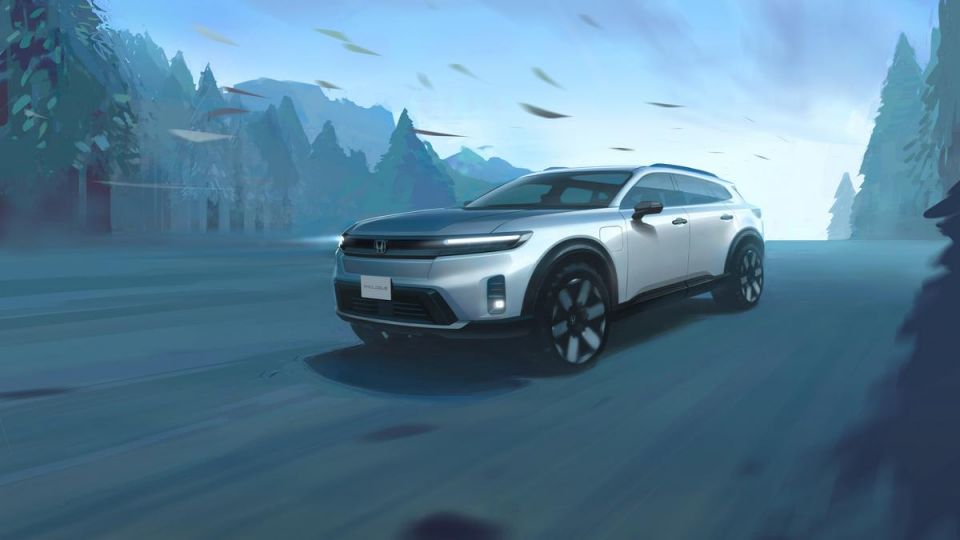
GM is co-developing Ultium-powered crossovers with Honda, with the Japanese brand to launch the Prologue crossover in 2023. It’s also readying an electric Acura SUV.
Honda and GM have also more recently committed to “co-developing a series of affordable electric vehicles based on a new global architecture using next-generation Ultium battery technology”.
This partnership is aiming to “enable global production of millions of EVs starting in 2027”, including small crossovers for both automakers.
GM reportedly plans to introduce full-sized electric SUVs between 2024 and 2026 under the Cadillac Escalade IQ, Chevrolet Tahoe EV and GMC Yukon EV nameplates.
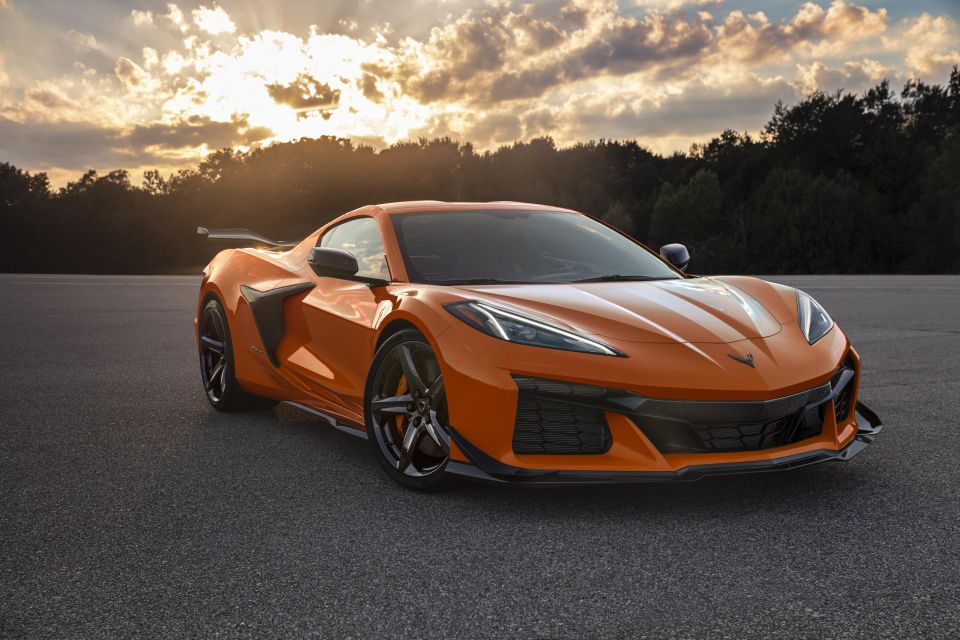
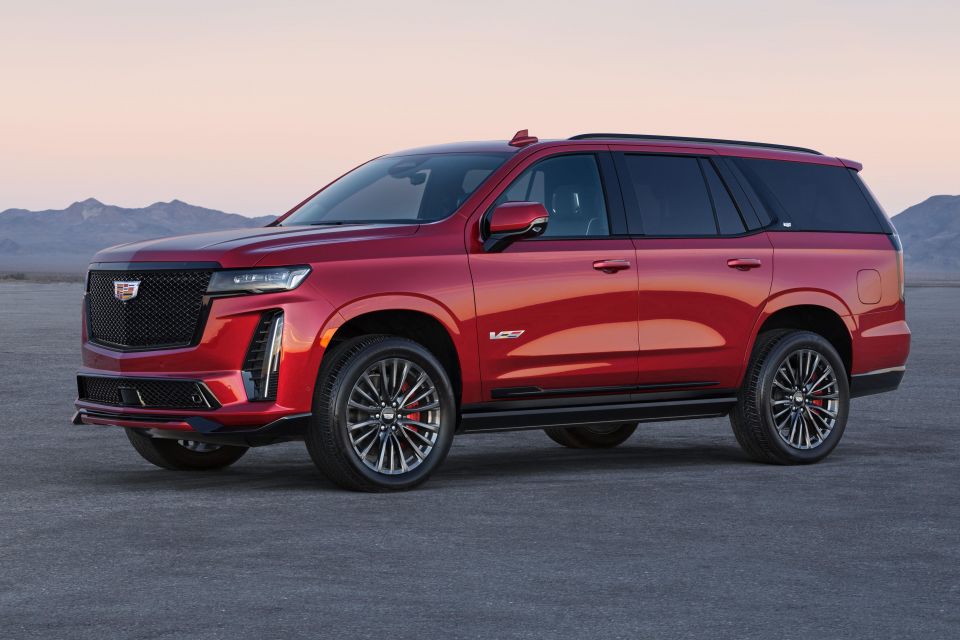
The current Tahoe and Yukon, along with their extended-length Suburban and Yukon XL counterparts, will reportedly be redesigned in 2027 along with the Silverado and Sierra pickups they’re derived from.
This suggests GM will continue selling combustion-powered vehicles in North America well into the 2030s.
The upcoming Silverado EV will also spawn a related GMC Sierra EV, which is expected to be revealed this year.
GM’s aged full-sized vans will reportedly end production after around 30 years in 2026, to be replaced with electric models.
The iconic Corvette will also reportedly receive an electric version in 2025, while Automotive News has echoed previous reports that an electric Corvette-badged crossover is also due around that time.
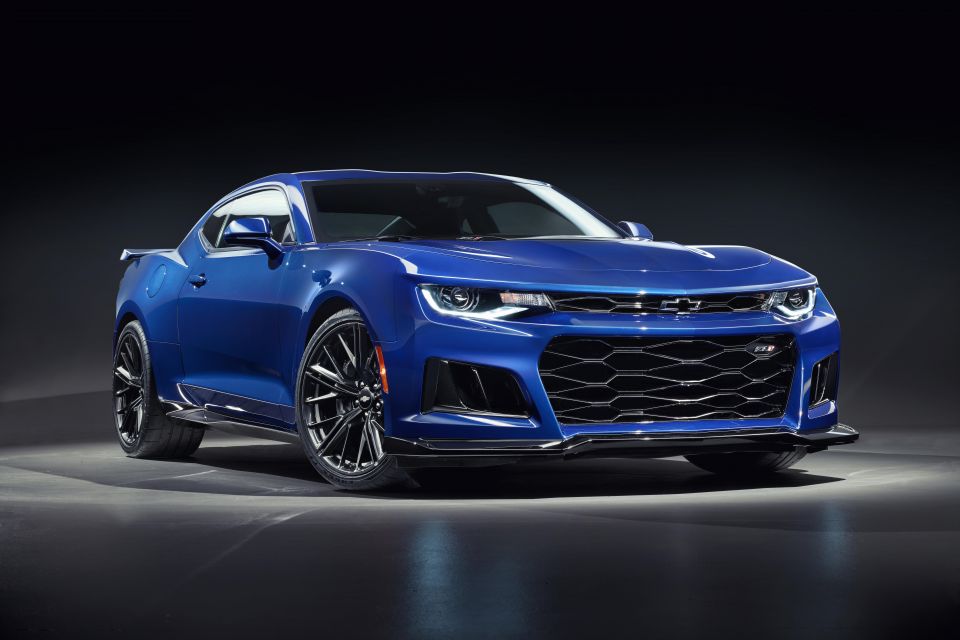
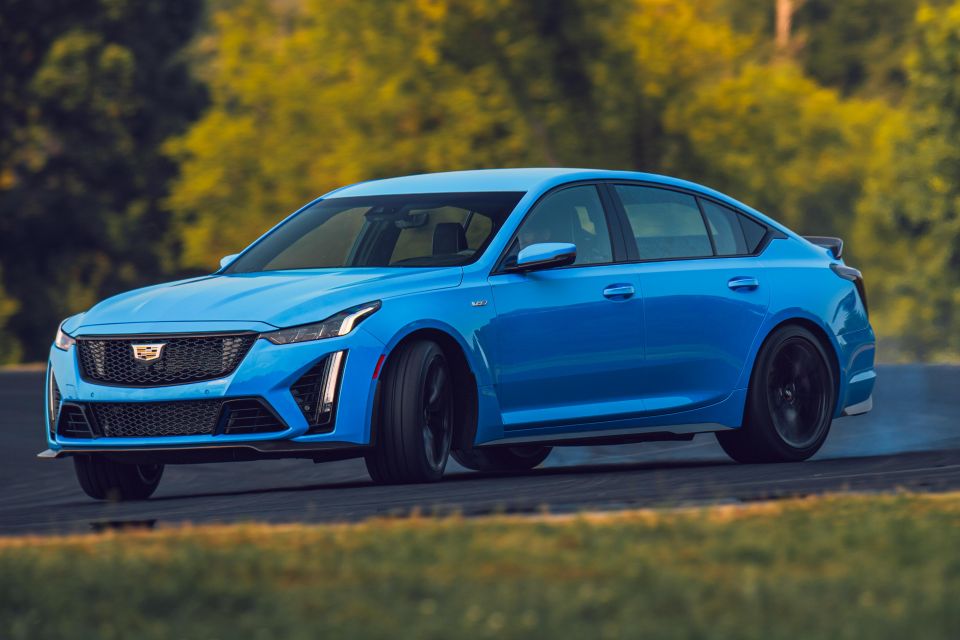
Most of Chevrolet’s combustion-powered range will reportedly receive a redesign, with some notable exceptions.
The Chevrolet Camaro will reportedly end production in 2025 and, while an electric Camaro isn’t planned, a similarly sized EV will reportedly slot into the Chevrolet lineup in 2026.
Chevrolet’s last sedan in North America, the 2015-vintage Malibu, will also reportedly end production in 2026.
Luxury brand Cadillac has already confirmed it’s going electric-only by 2030, and it’ll reportedly wrap up production of most of its combustion-powered vehicles before then.
Its current XT4, XT5 and XT6 crossovers and CT4 and CT5 sedans will reportedly end production mid-decade, with electric replacements to assume their place.
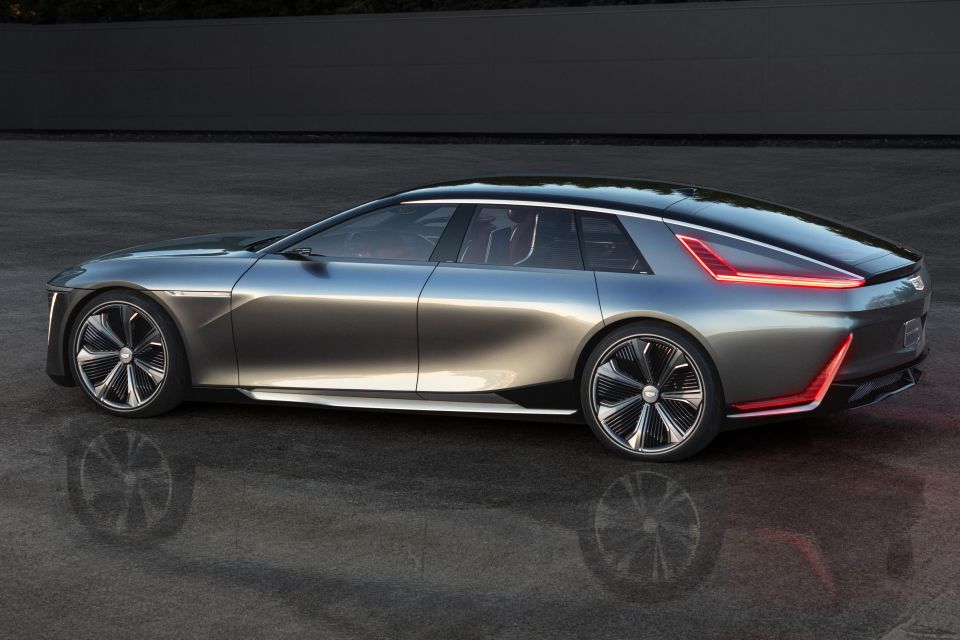
Cadillac is replacing its alphanumeric names with names ending in “iq”, and has trademarked the names Optiq, Symboliq, Ascendiq, Lumistiq and Vistiq.
It’s not throwing away the nameplate with the greatest name recognition, however, with the aforementioned electric Escalade IQ reportedly in the works.
Sitting atop the range will be a production version of the Celestiq show car.
Finally, Buick – which slots between Chevrolet and Cadillac in GM’s hierarchy – will introduce a range of electric crossovers. These will reportedly wear the Electra prefix, a nameplate last used in 1990 on a large premium sedan.
The brand will go all-electric by 2030.
Where expert car reviews meet expert car buying – CarExpert gives you trusted advice, personalised service and real savings on your next new car.
William Stopford is an automotive journalist based in Brisbane, Australia. William is a Business/Journalism graduate from the Queensland University of Technology who loves to travel, briefly lived in the US, and has a particular interest in the American car industry.


Max Davies
4 Days Ago
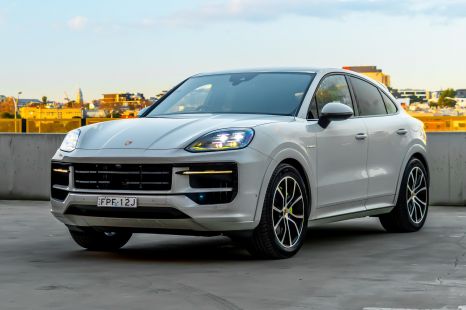

James Wong
4 Days Ago
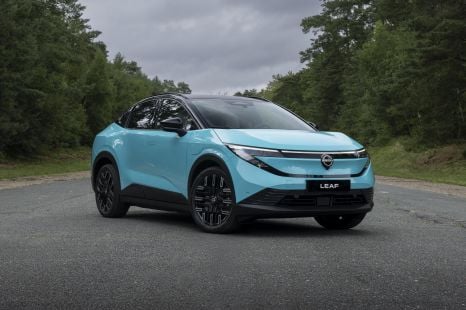

Shane O'Donoghue
3 Days Ago
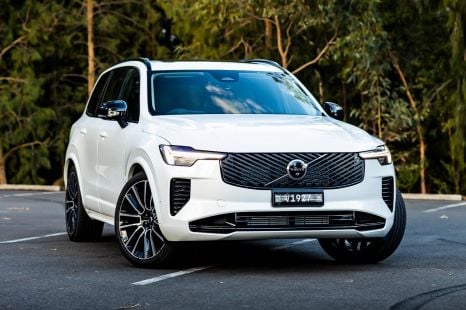

Matt Campbell
2 Days Ago
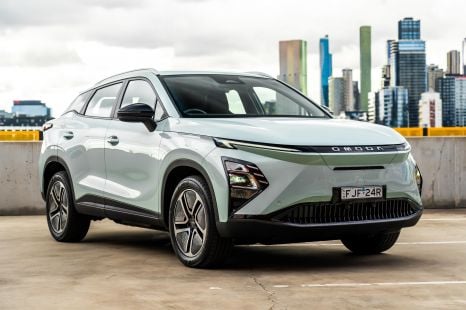

James Wong
23 Hours Ago
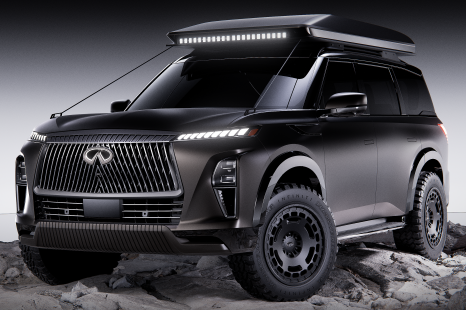

Marton Pettendy
10 Hours Ago